Jerusalem
Israel has a new train line: twenty-five minutes from Ben Gurion airport to Jerusalem. The Christian pilgrims would love it but they’re not here. Instead, there are soldiers and visiting American Jews. My taxi driver says American Jews come with thousands of dollars of cigarettes and drive around looking for soldiers to give them to. He says American Jews love Israel more than Israelis. Then he moves his machine gun — it’s on the front seat — and says: “Welcome to Israel.” The American Jews go south to the massacre sites of October 7 to stare at the bullet holes. I don’t. You can’t forget the war here. At the airport you are greeted by photographs of hostages. They are up in windows and on street corners. Some say, “Bring them home NOW,” an anti-Netanyahu message. My cousin says that when the war began Israeli women coped by baking. Soon the message came back from IDF commanders: no more cakes. Just cigarettes.
I date my trips to Jerusalem in the falafel sandwiches you can buy near the Damascus Gate, where the road splits like history: left for the Dome of the Rock and the Wailing Wall, right for the Church of the Holy Sepulchre. The souk is sullen, angry. A twelve-year-old Palestinian boy was killed by an Israeli police officer in East Jerusalem the day before for holding a firework. Itamar Ben-Gvir, Netanyahu’s coalition psychopath, praised the police officer. It’s Ramadan and Hamas have asked the Palestinians to rise up. But they haven’t. They pray at the Dome of the Rock. Later the restaurants fill up. One is called the Peace Cafeteria (“local prices”); another Holy Land Pizza (“In Pizza We Crust”); another the Holy Bagel. God has been a certainty here for 3,000 years. And a commodity.
Jerusalem is a city of competing realities, sometimes of competing drafts of the same reality. They all want Mount Moriah: holy limestone. Adam was created here, Isaac was bound here, Muhammad began the night journey here. The Holy of Holies is probably under the Dome of the Rock. Is this why the prophet Isaiah invented the Jerusalem of the mind (which William Blake ripped off)? For peace — of the mind? If Isaiah can’t cope, where does that leave us? The competing realities are explicit. Ultra-Orthodox Jews dress for eighteenth-century Poland. They haven’t noticed the change of climate. Israeli Arabs dress for the British mandate, and George V, in exquisite mid-century suits. Christians dress for the Black Death or earlier. On the roof of the Church of the Holy Sepulchre, I meet a man dressed as Jesus Christ. He is from Ohio and he sleeps here.
Souk traders are usually the happiest people you’d meet. But not now. Tourism is 80 percent down. A trader tells me: there’s no business. He won’t talk of heartbreak to a British journalist, but he looks frightened. He thinks the war will last another six months. (Though a Jew told me it isn’t a war. Rather, “it is a day:” October 7.) The nun in the Christian Information Center says they normally have 350 pilgrim groups for Easter, and they walk to the Church of the Holy Sepulchre the wrong way. (The latest research says the Via Dolorosa wasn’t Christ’s route, but the name still stands. There are plaques to more recently murdered Jews.) This year only sixty booked. The souk sells T-shirts to support Israel and Palestine, or, more rarely, both. I find “Winnie the Jew,” “Pikajew,” “Jewbacca,” and an iPhone case with Greater Palestine drawn on it.
Beggars stand on the steps by the mall under Suleiman the Magnificent’s walls. I haven’t seen such well-dressed beggars since Rome, where they sleep by St. Peter’s, rise, dress and walk off with their wheely suitcases. They say it’s the war, that’s why they beg. I give one a rug I bought in the souk. I paid $330 after the trader seemed to cry: it’s the Diaspora Jew tax (and it’s more for women). We listen to a cellist playing “Over the Rainbow” by the Jaffa Gate. It was written by second-generation Jewish immigrants to America: for them over the rainbow was America.
I meet the Patriarch in his Crusader era palace near the Jerusalem Santa’s Grotto (“Ho Ho Holy Land”). He likes to vet all press requests personally. He blesses this piece. I tour the Holy Sepulchre with a priest. They are having work done: the floor is being replaced. Small diggers roll through Golgotha, and, though I love this church — or, rather, these six churches, one contested monastery and the Jewish graveyard beneath — I think of The Omen. The priest shows me the midpoint between the rock of the crucifixion and the tomb. He says it’s the center of the world.
I walk to Mount Moriah. Jews can enter between 7 and 11 a.m. by a foldaway wooden bridge above the Wailing Wall. I pass a three-feet-high mezuzah, the largest I have seen. “No prayer-books, England,” says the Israeli police officer. “No touching, no dancing, no prayers.” I follow a Jewish religious sect: we have an armed policeman each. They lie on the floor before they enter facing the spot of the Holy of Holies. A Jewish woman asks me: “What will the Third Temple look like?” I reply: “The Holy Land experience in Florida.” On the Mount, the Jews long to pray. They inch towards the Holy of Holies. The Muslims ignore us. Third Temple woman tells me Christianity is Judaism without the rules. I tell her it’s Judaism without the certainties. As we leave, we pass the Golden Gate. I was obsessed with it during my childhood. It is, in exquisite metaphor, sealed until the Messiah comes.
This article was originally published in The Spectator’s UK magazines. Subscribe to the World edition here.



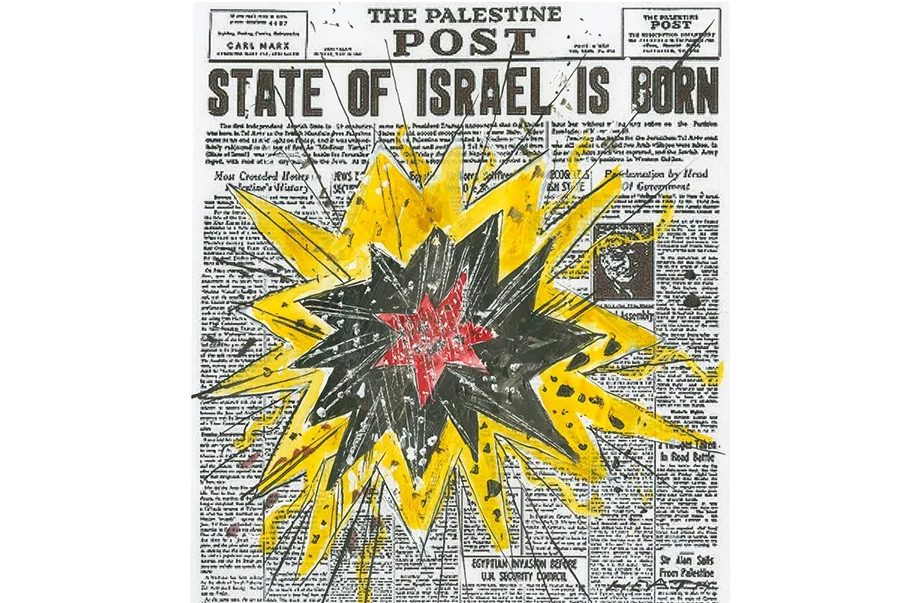






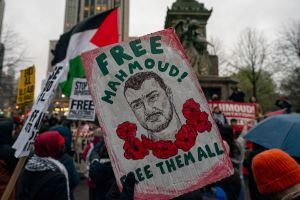

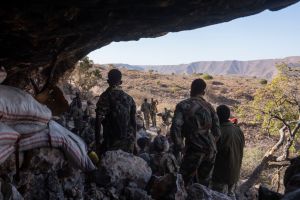
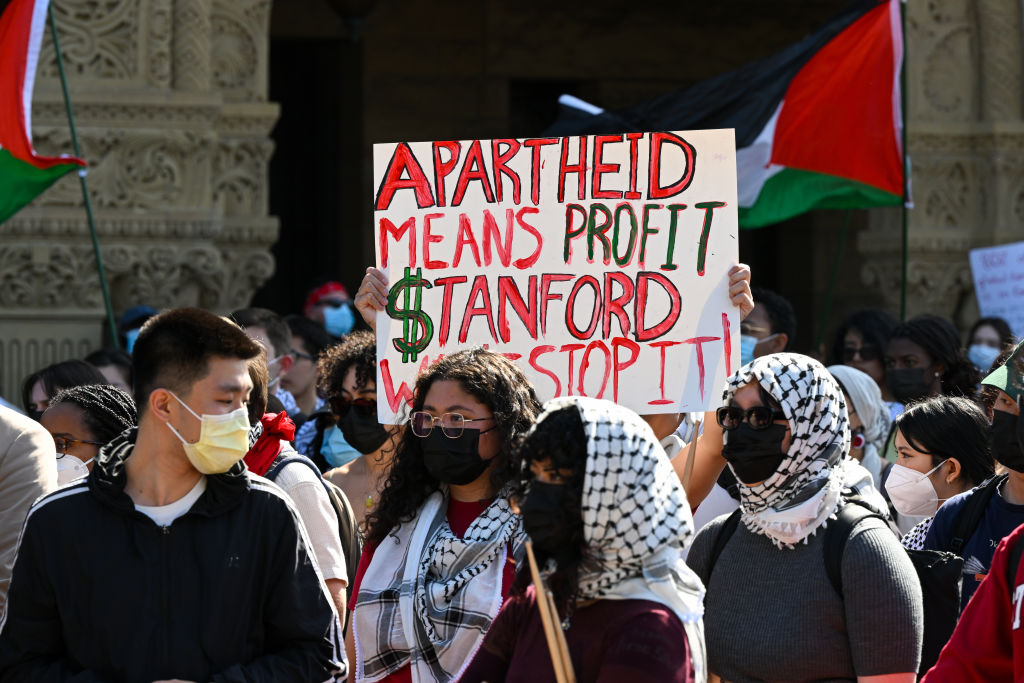

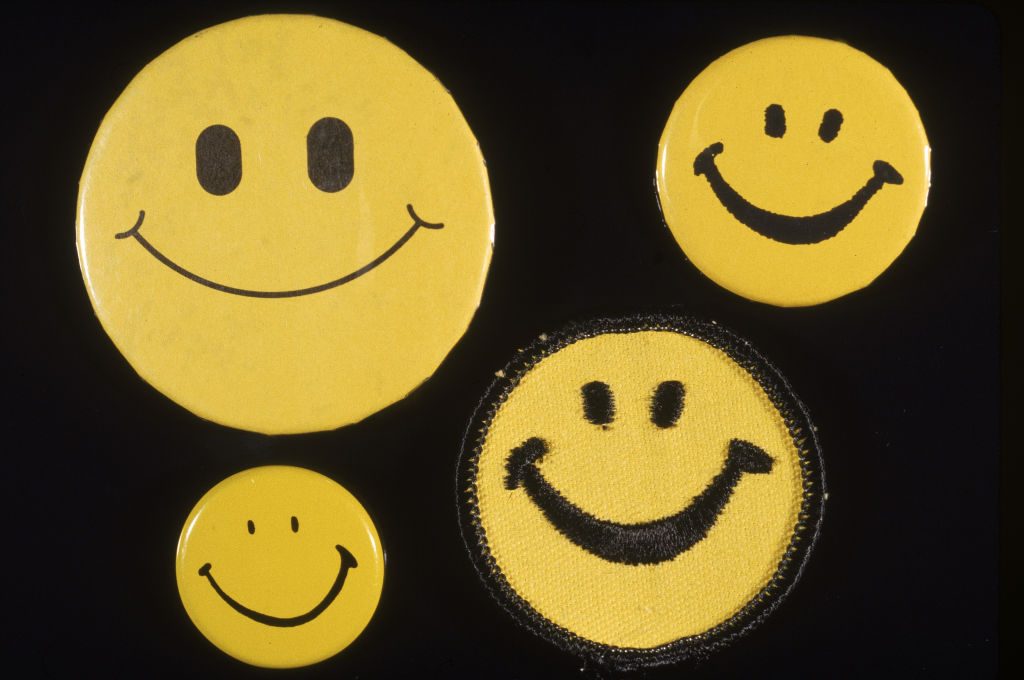
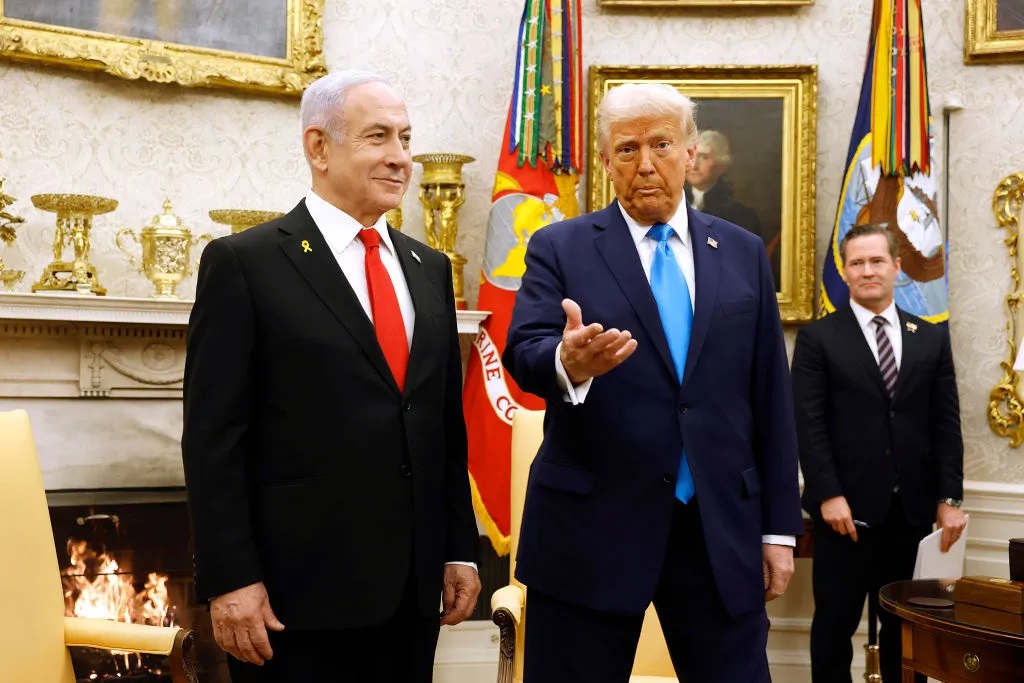
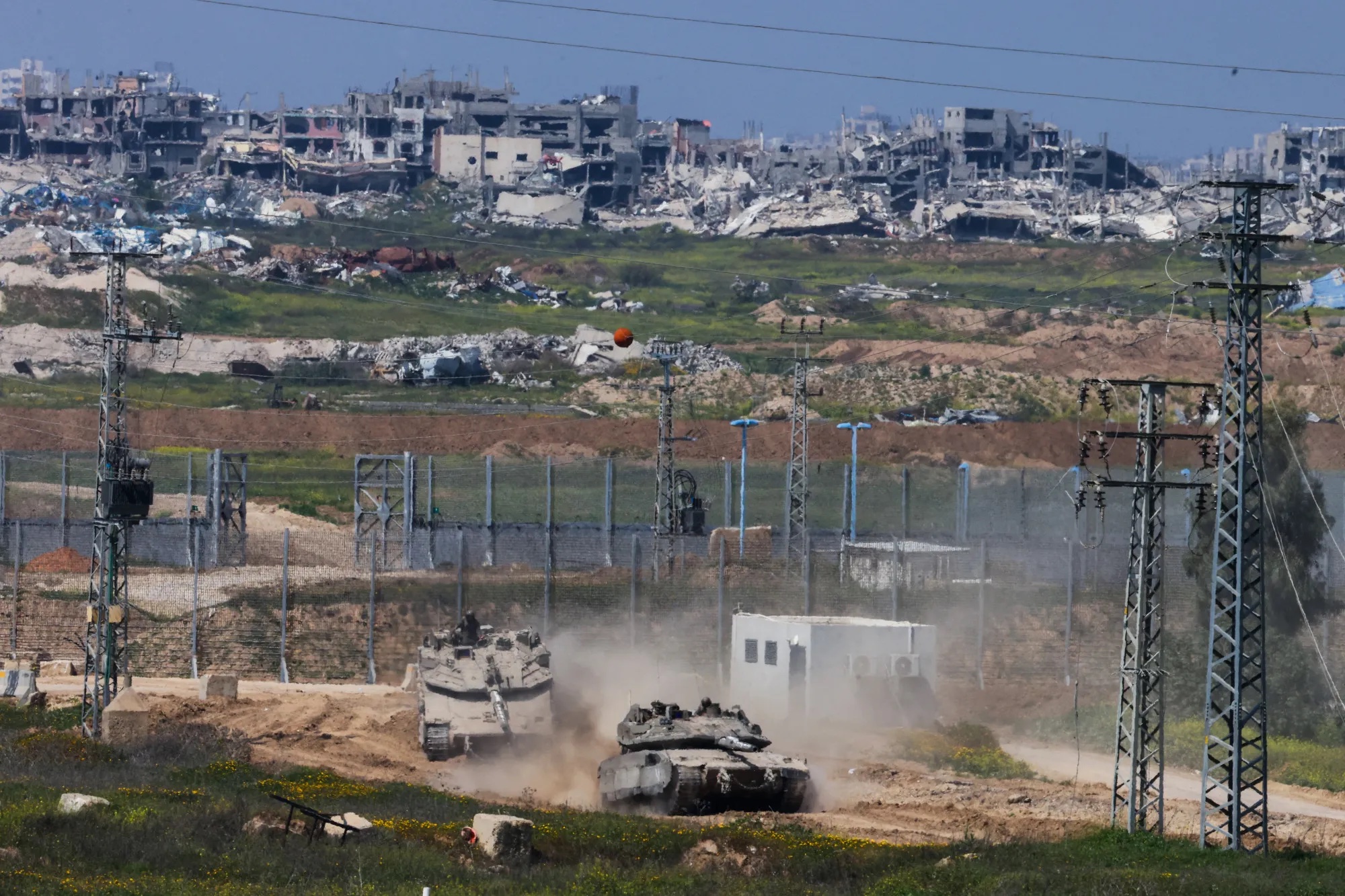








Leave a Reply